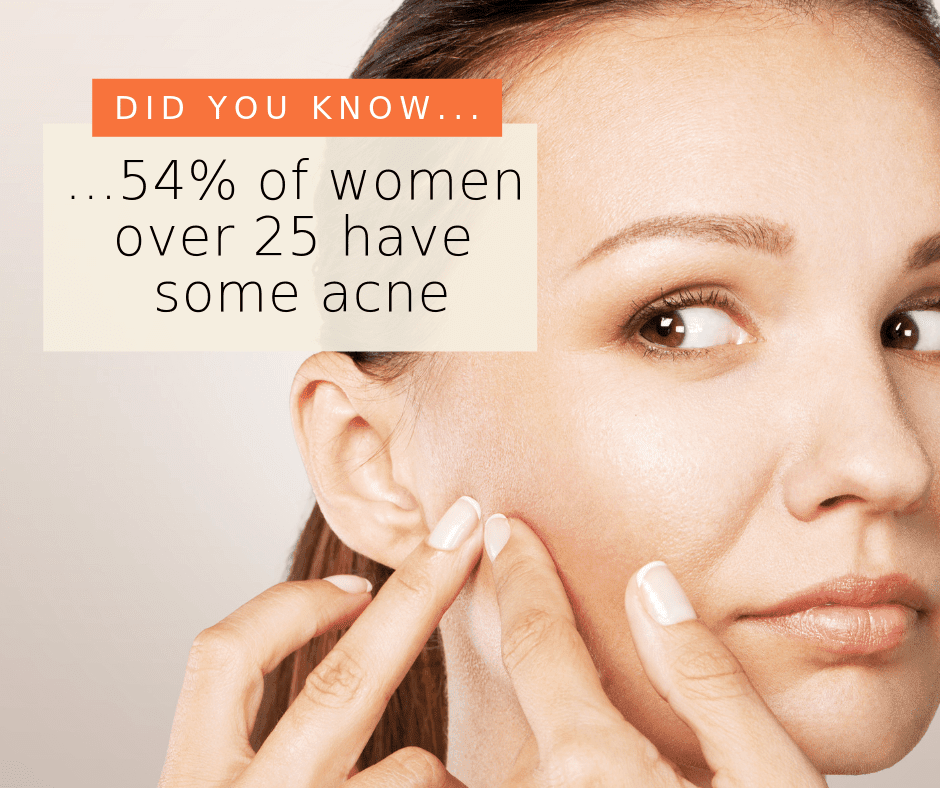An Exciting New Approach for PCOS Sufferers
Polycystic ovarian syndrome (PCOS) impacts many aspects of a woman’s health. This disease affects her moods, her weight, and her fertility, among many other things.… Read More »An Exciting New Approach for PCOS Sufferers
